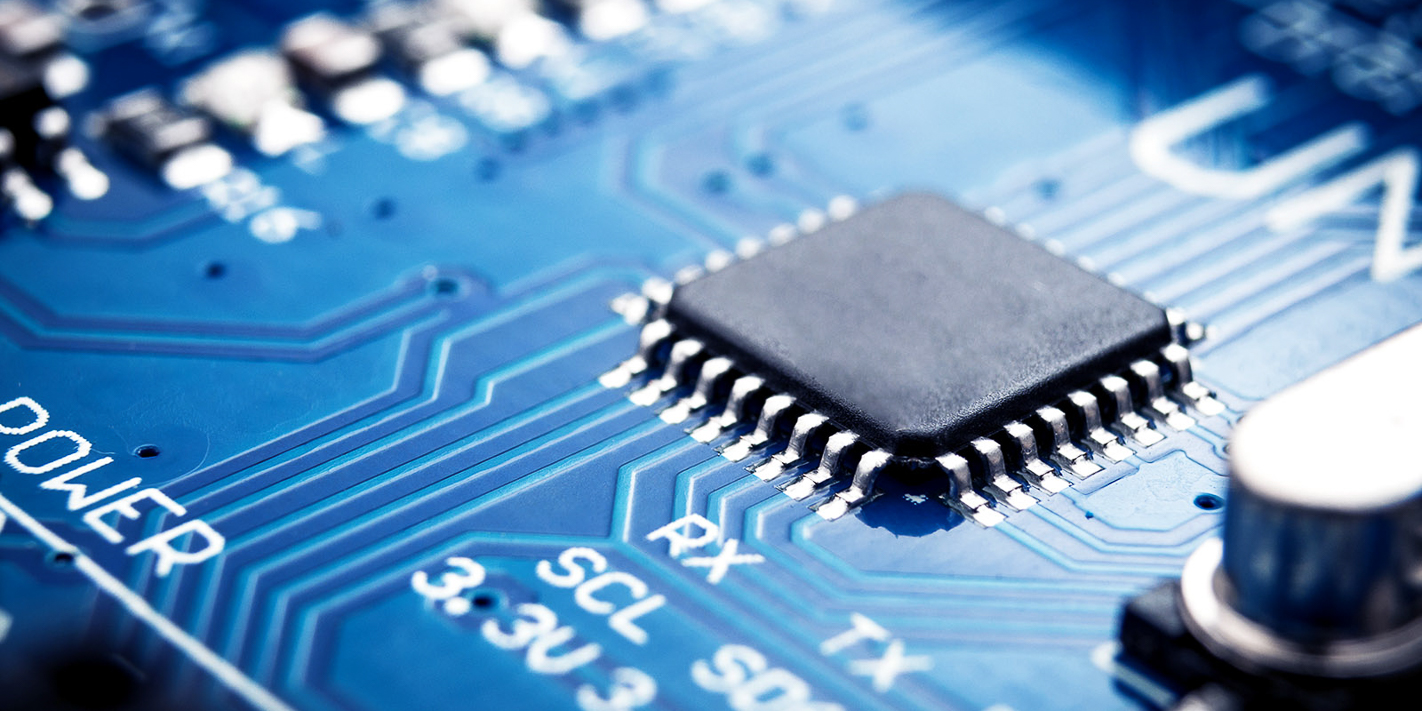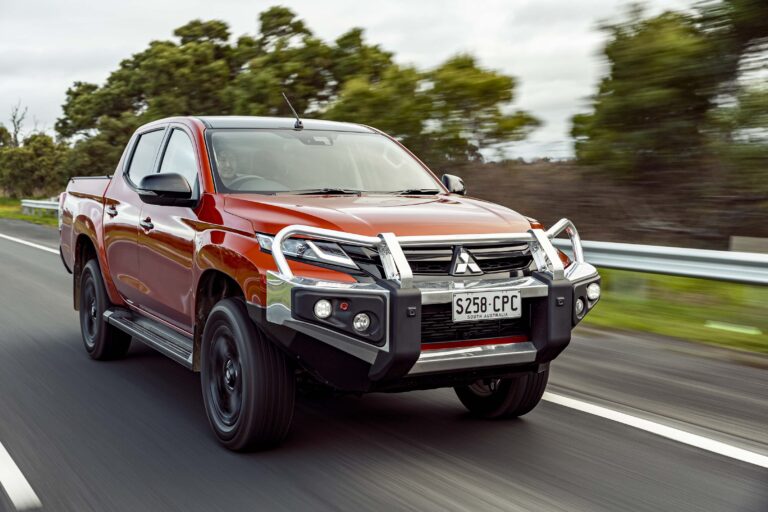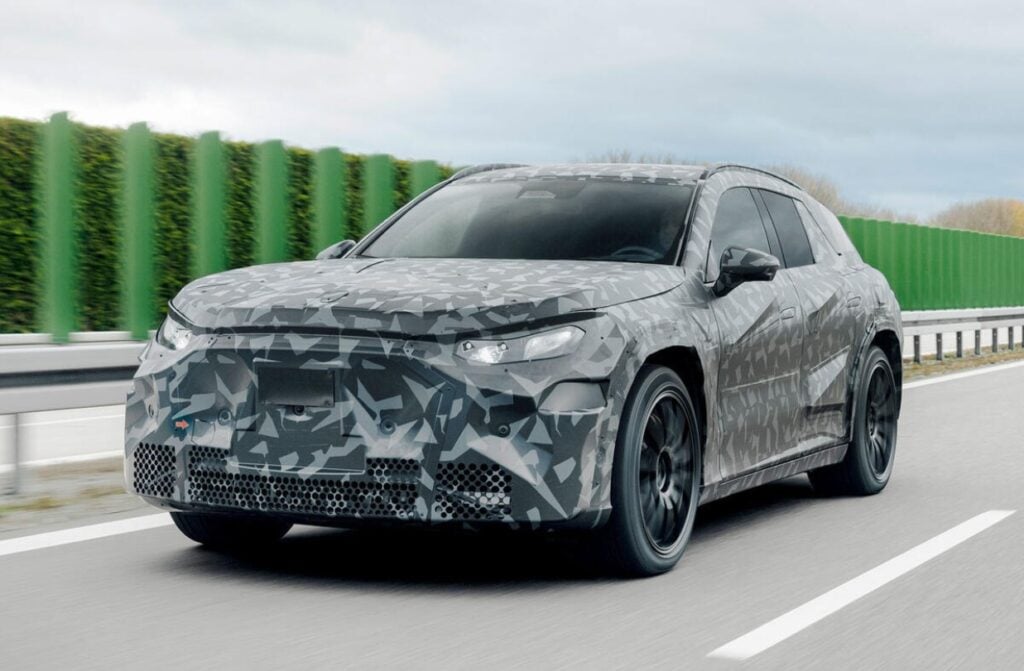Wait times for new cars are unlikely to improve during the course of 2023, the boss of Mitsubishi Australia has said.
Delays for taking delivery of new models has become a worldwide problem for almost all manufacturers since the COVID-19 pandemic began in 2020, with a shortage of semiconductors largely to blame.
However, according to Mitsubishi CEO Shaun Westcott, “the problem has morphed into a different issue” with multiple factors now causing long waits that are unlikely to ease in the short term.
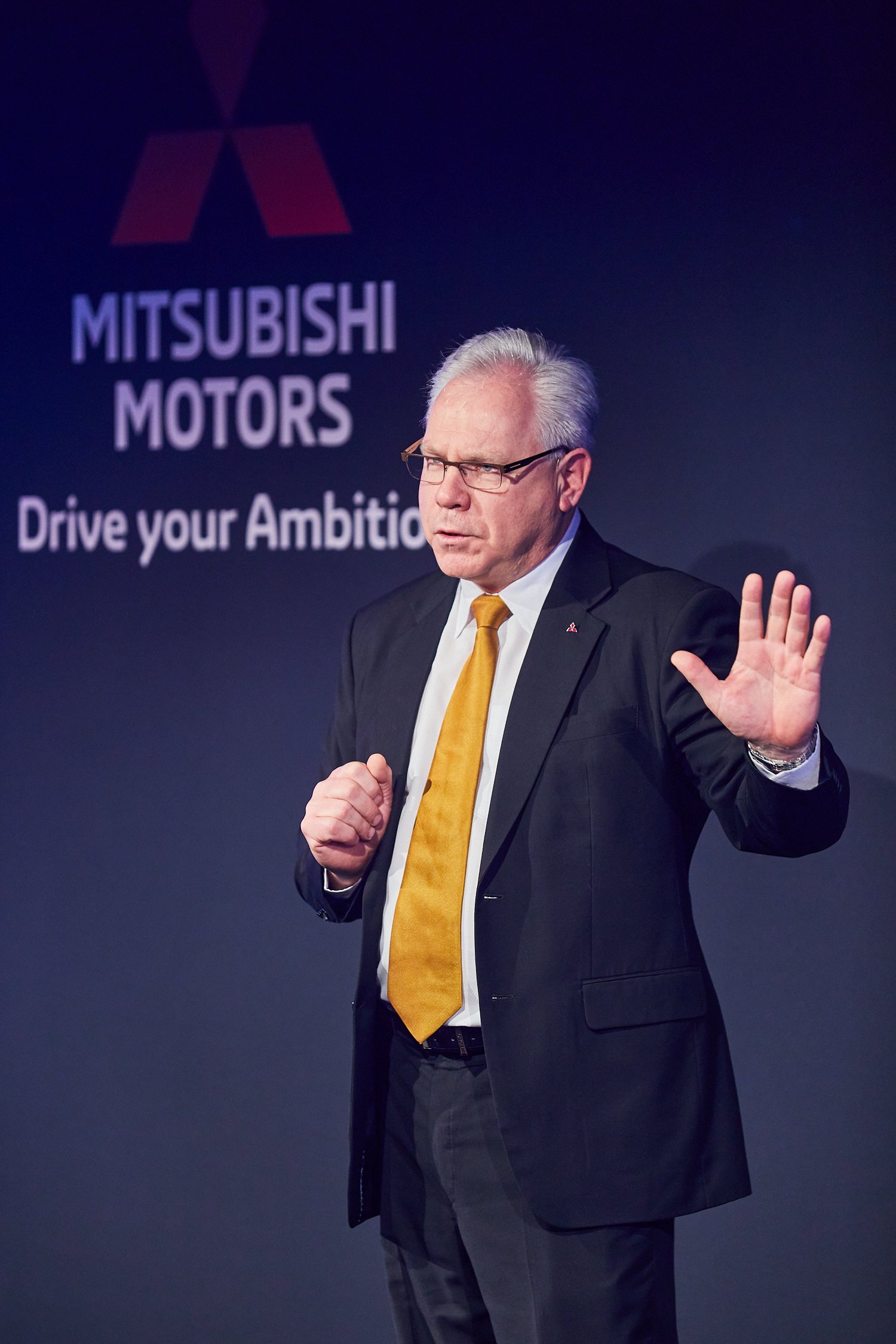
“The semiconductor issue is starting to improve. It’s starting to alleviate. But, as often happens in business, there’s now more problems with things such as shipping lanes, shipping congestion and also availability of vessels is becoming a new challenge,” he told Wheels.
“Much like it takes two-to-three years to build a semiconductor factory, it takes two-to-three years to build a mega car transporter. So it’ll take some time before we pass the challenges that we have. And not only us, but all motor manufacturers have those. And I don’t need to tell you our competitors’ lead times are all pretty long too at the moment.”
Wescott also emphasised that while the semiconductor situation was beginning to improve, it has not disappeared, and could even take another turn for the worse due to the increasing popularity of electric vehicles worldwide.
“We still have semiconductor challenges and that may even, interestingly enough, exacerbate because an electric vehicle has a 300 per cent higher concentration of semiconductors than a petrol car,” he said. “And that means that even as that extra capacity comes online, as demand for EVs accelerates, we are gonna face ongoing shortages for a number of years to come.”
Beyond EVs though, Westcott also pointed to other emerging issues, such as more stringent crash test standards introduced by Australasian New Car Assessment Program (ANCAP) from January 1 this year – calling them “onerous”.
“ANCAP keeps moving the goalposts and making even more and more requirements on safety – lots of which I won’t say are superfluous, but involve bells and whistles,” he said. “What we need to remember is that all of that additional technology requires semiconductors.
“The more onerous the requirements become, the more semiconductors are going to be required.
“I’ve got bad news for our customers and even our competitors’ customers out there – wait times is not something that’s gonna disappear. It may just get easier on certain models that are less semiconductor rich.”
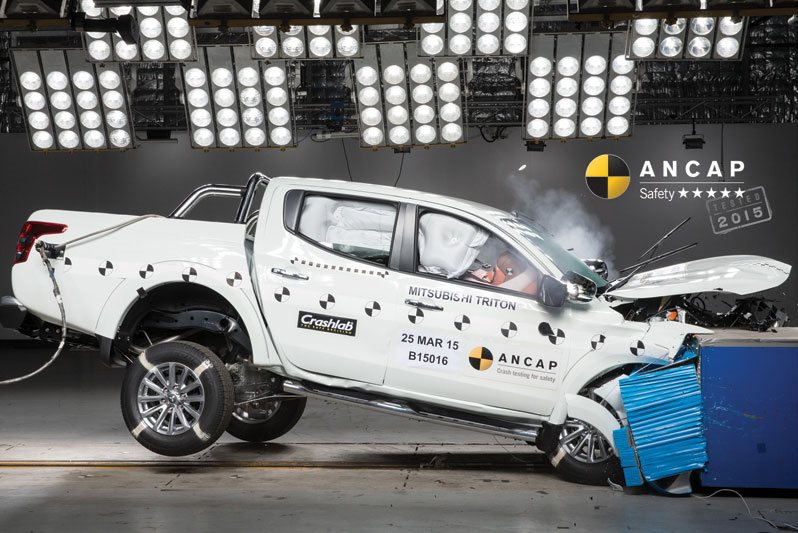
Last year, ANCAP detailed its updated 2023 safety protocols with a focus on floodwater testing, child alert systems and motorcycle detection – as well as bringing in greater penalties for poor performance in AEB testing.
The new criteria will apply to all cars tested by ANCAP from January 2023 and builds on the current protocols that came into effect in January 2020.
Overall, according to Price My Car, the average current wait time for a Mitsubishi is now 145 days – compared to 95 days in January 2022.


